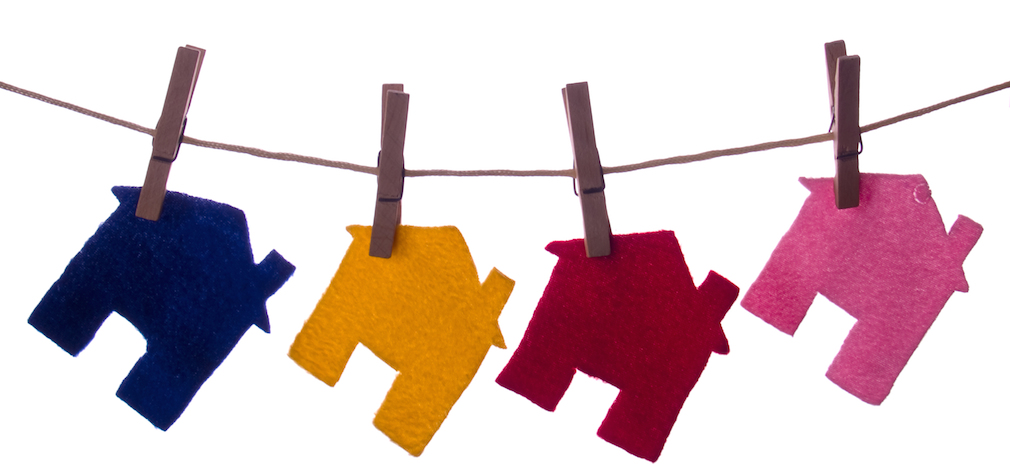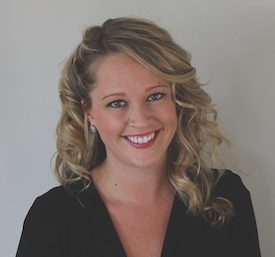Owning a home in retirement seems to be an idea firmly ensconced in the American Dream.
As HousingWire previously reported, a recent survey revealed that 85% of non-retirees plan to own in their golden years.
But maybe this will change as more Baby Boomers reach their retirement years. Certainly, a greater number of older adults are renting than ever before.
Data from the U.S. Census Bureau shows that Boomers are entering the rental market in droves. In fact, the number of renters in their early 60s jumped 84% between 2006 and 2016, according to a study by the Joint Center for Housing Studies of Harvard University.
But what makes the most financial sense? That seems to be the debate as of late, with recent news articles hashing it out and landing on opposite sides of the fence.
An article by Maurie Backman for the Motley Fool that was picked up by several other news outlets asserts that owning in retirement can be a mistake.
Sure, homeownership offers tax breaks and access to equity, but it also comes with unforeseen expenses, Backman wrote, pointing out that property taxes and maintenance costs will rise over time with inflation.
“There's one huge drawback to owning property in retirement, and it's committing yourself to a variable expense while living on a fixed income,” Backman stated.
Not necessarily, according to a counter article published last week by Erik Carter for Forbes, who warns readers not to believe everything they read on personal finance.
“Owning a home free and clear of a mortgage can be one of the best assets you can have in retirement,” Carter wrote.
While he admitted that inflation may cause taxes and maintenance bills to rise, he asserted that renters aren’t any better off.
“Those costs are still passed on to renters in the form of rising rents,” Carter wrote. “On the other hand, inflation can also cause rising real estate prices, which act to your benefit as a homeowner.”
Carter continued, pointing out that not having a mortgage or rent payment in retirement keeps your portfolio intact, and that homeownership is more tax efficient and can allow you to generate income through a reverse mortgage.
In the end, people have varying reasons for renting over owning in retirement, and there are situations in which one certainly makes sense over the other.
As Carter suggested, you should consult a financial planner if you’re uncertain, because “housing in retirement is too big a decision to leave to a single article.”





